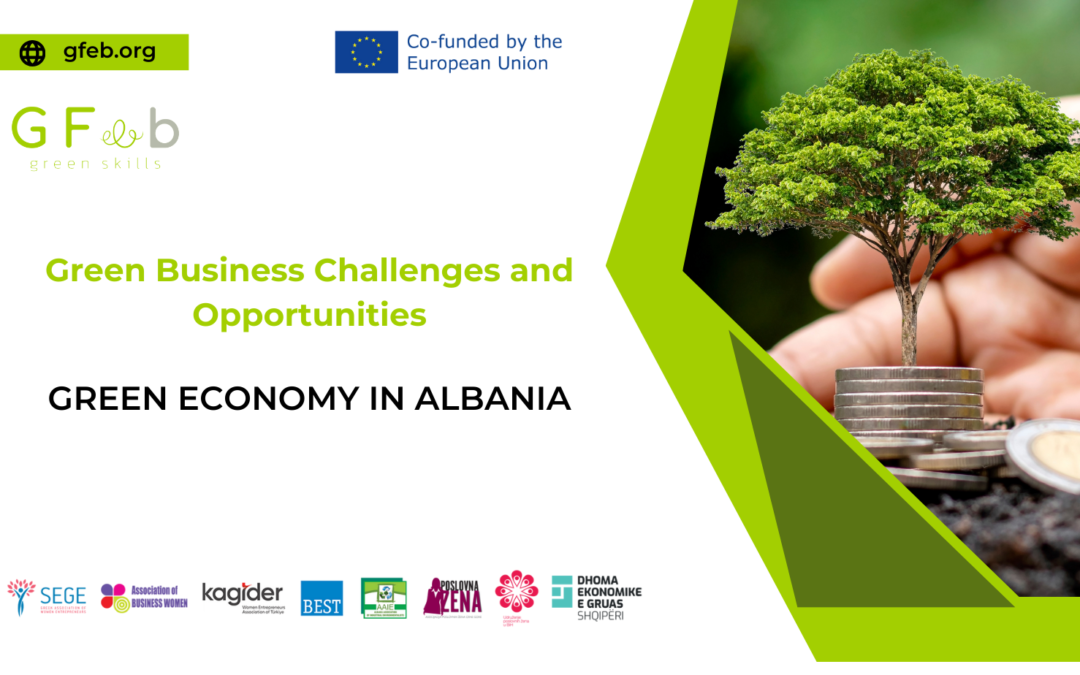Now’s the time for green businesses to enter into the market. Investing in Clean Tech is essential for manufacturers, who needs to adopt methods that use less energy, water, and resources, while consumers are looking for products that are good for them and the planet.
Of course, going green comes with its own set of challenges. Every business leaves some kind of footprint on society and the environment, whether it’s through the materials they use, the waste they create, or how they operate. So, switching to greener practices means thinking about how to reduce that impact
Existing businesses might need to reshape their strategies to include green solutions, which can be a big adjustment. Going green often means facing high initial costs, limited funding options, and adapting to new regulations. Many green ventures require significant investment in research and sustainable technology. Plus, traditional businesses might see green investments as risky, especially with the possibility of longer timelines before seeing returns.
Regulations are another big hurdle. Green entrepreneurs may face different legal and administrative obstacles, depending on their sector and location, which can drive up costs, cause delays, and sometimes discourage innovation.
But, today the world is waking up to the importance of going green Still, opportunities are growing. With more people wanting eco-friendly products and services, there’s rising demand for sustainable solutions and support from environmentally conscious consumers and investors who are looking to reduce their carbon footprint, save energy, and support social causes. Green entrepreneurs can tap into this trend by providing solutions that align with these values and create positive social and environmental impacts.
Green entrepreneurs already have a range of funding sources available, like crowdfunding, impact investors, government grants, and green bonds. These resources often provide not only financial support but also ideas and mentorship. Entrepreneurs can make the most of these opportunities by staying open and maintaining regular communication.
In addition to, technology is making it easier than ever to go green. Innovations in renewable energy, clean transport, and the circular economy are opening up new ways for businesses to create products, reduce waste, cut costs, and reach more people. There’s also a huge community of networks, mentors, and accelerators ready to support green entrepreneurs with ideas, resources, and inspiration.
Prepared by
Alida Kondi
WECA

